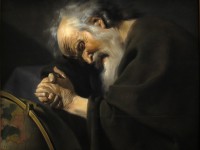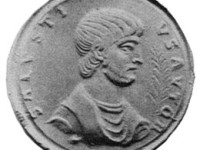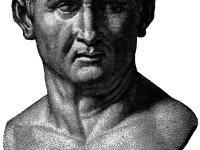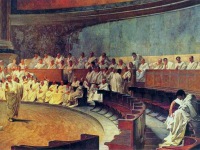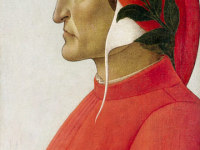The World is in Ever-Present Change – Heraclitus of Ephesus
Greek pre-Socratic philosopher Heraclitus of Ephesus was famous for his insistence on ever-present change in the universe, as stated in the famous saying, “No man ever steps in the same river twice“. This position was complemented by his stark commitment to a unity of opposites in the world, stating that “the path up and down are one and the same”. Through these doctrines Heraclitus characterized all existing entities by pairs of contrary…
Read more

